The December issue of O Magazine published an article titled “Inside America’s Suicide Crisis,” featuring Dese’Rae Stage, Kelechi Ubozoh and Ann Taylor of The S Word.
Take a look at the article:
“After surviving a suicide attempt at age 23, Dese’Rae Stage felt profound loneliness.“I was too ashamed to talk about it,” she says. “In the few survivors’ stories I found, the person was anonymous, and everything was tied up in a bow at the end.”
In 2010, Stage launched Live Through This, a site where survivors share their experiences. She says no two stories are alike: “Some people have had long mental health struggles. Some had ‘normal’ childhoods. Suicide isn’t about the ‘crazy person.’ It’s about all of us.”
Though headlines about rising murder rates may quicken our pulses, an American is more likely to take her own life than be killed by someone else: In 2016, there were more than twice as many suicides (44,965) as homicides (19,362), according to the Centers for Disease Control and Prevention. Now suicide is the tenth-leading cause of death in the U.S.
“We can’t be quiet about this anymore,” says suicidologist Julie Cerel, PhD, a professor at the University of Kentucky College of Social Work and president of the American Association of Suicidology. “Each loss increases the risk for the entire community, as people who are close to someone who dies by suicide are more likely to then have suicidal thoughts themselves.”
When we hear a person has ended her life, whether she’s a friend or a public figure, the question is the same. Why? Even the experts can’t explain what drives certain people to suicide. “Compared with other leading causes of death, suicide research is not well funded,”says Cerel. Furthermore, suicidal behavior can’t be replicated in a lab. Subjects may be reluctant to report suicidal thoughts. And each individual is influenced by a complex combination of variables, which may include depression, substance abuse, genetics, and negative life circumstances.
Even if we’re certain we’ll never reach the point of ultimate despair, anyone around us could be vulnerable. We must stay alert to each other’s suffering, says Alan Ross, executive director of the Samaritans of New York, which runs a crisis response hotline: “Suicide prevention is not about death. It’s about life—how we help people in their time of need.”
Continue reading on the O Magazine website.

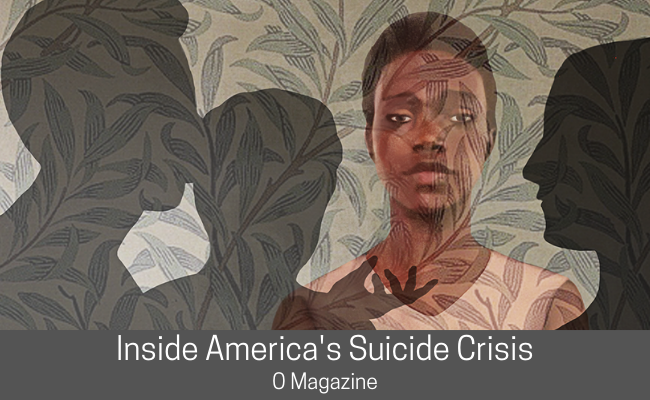
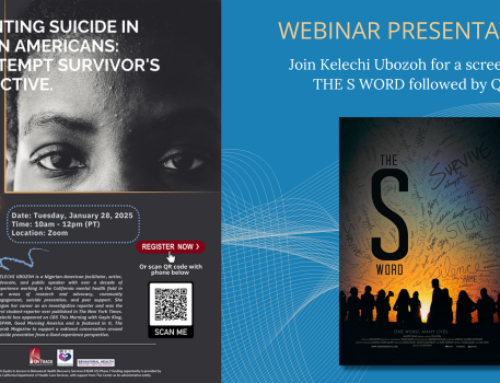
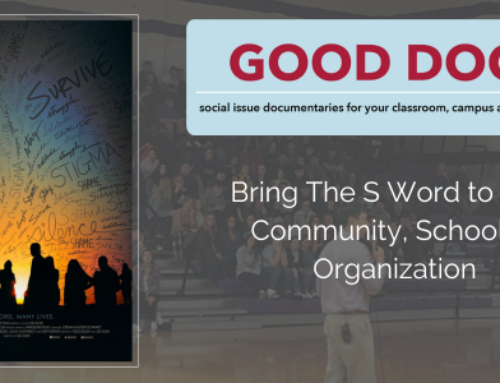
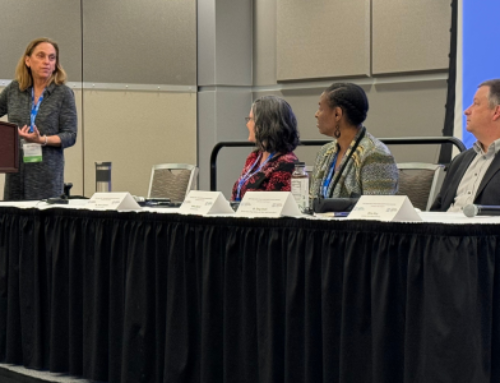
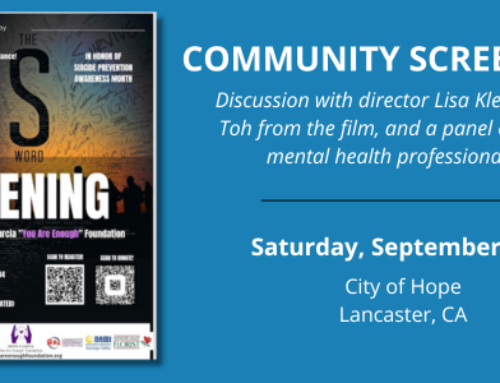
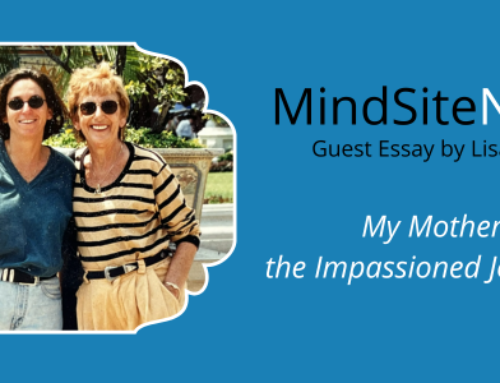
How can I be informed of when showing are slclose yo be In Spokane. Im trying to grow the suicide prevention here in Spokane. And I need as many of tools I can get.
Hi Christie,
Thanks so much for your interest in The S Word. We will email you with some additional information for the Spokane area.
The S Word Team